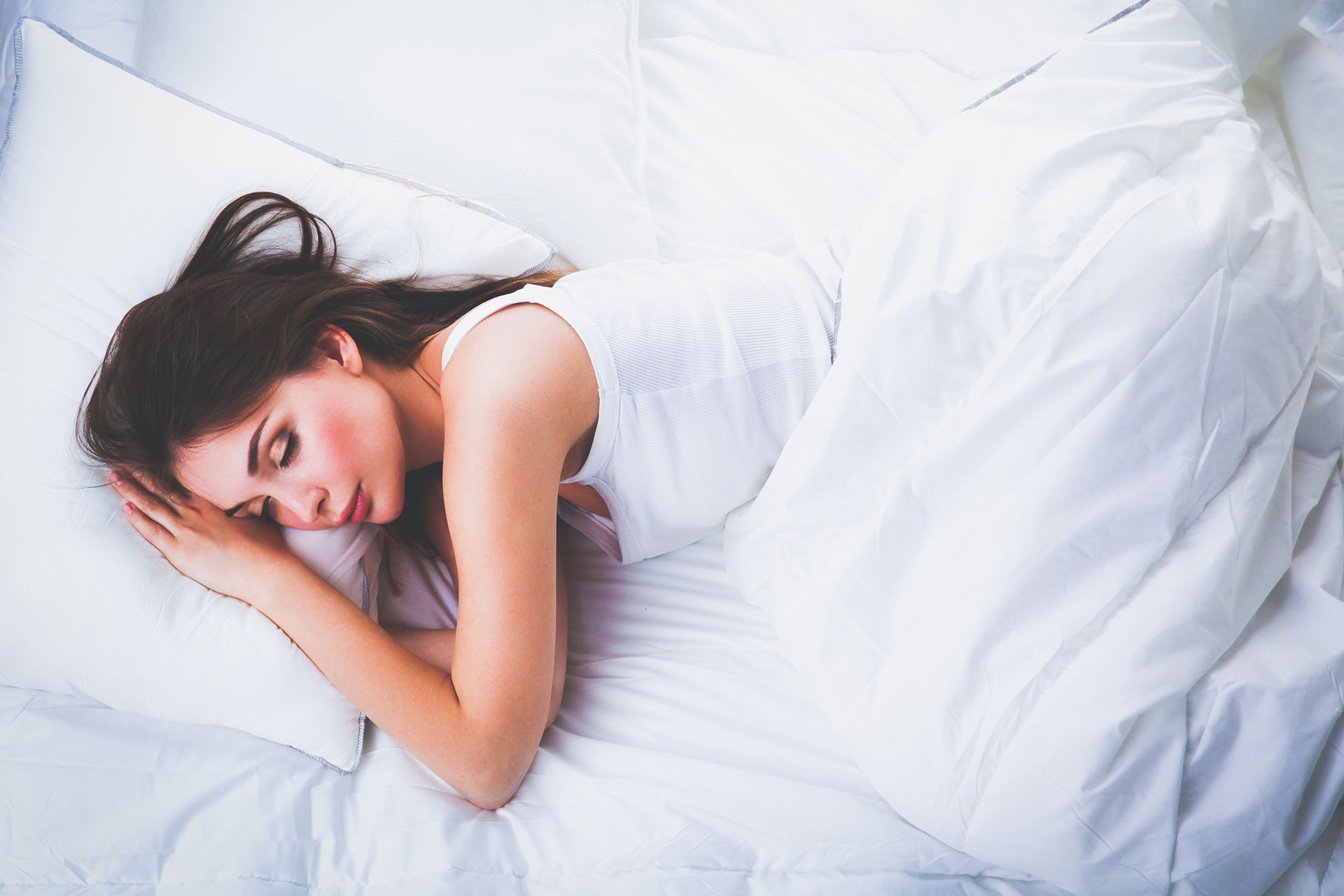I hope you are sleeping well? Often when we progress through a cleanse, we need more sleep in the first week and then we find ourselves feeling more energized and getting through the day with less sleep.
Yesterday, the last bullet point revealed how alcohol will impact sleep. Today we look at the importance of sleep for detoxification.
Studies show that diet influences our sleeping habits more extensively than previously thought. Nutrition plays an important role in health and has a bidirectional relationship with sleep. Exercise combined with good nutrition leads to a restoring and rejuvenating night’s sleep.
Did you know?
One third of your lymph nodes are in the brain. The brain has its own unique lymphatic system enabled by glial cells. Originally called the “glial-lymphatic system,” it was eventually shortened to glymphatic system.
The brain releases toxins which are expelled whilst we rest (sleep) through this specialised system, then pass into the collar bone to join the normal filtration. This is why sleep is so important for ridding the brain of toxic waste. Lack of sleep means less clearance of toxins and if this happens consistently it may impact brain health and cause neuroinflammation.
As I heard one neuro-specialist quote on a recent podcast:
If you do not get adequate sleep and enough slow-wave sleep, I believe that the reason you wake up groggy in the morning is because the glymphatic system hasn’t got all that, “crap out of your brain.”
The glymphatic system is mostly inactive when we’re awake, but during sleep it fills channels in our brain (known as interstitial space) with cerebrospinal fluid (CSF). It doesn’t have a pump like our circulatory system does (the heart), but it does run parallel to our arteries and researchers think that it harnesses the pulsing of our blood to move the fluid. As it fills the channels, the fluid exchanges beneficial compounds for cellular garbage. It delivers nourishment including glucose, lipids, amino acids, growth factors, and neuromodulators while gathering cellular garbage.
The interstitial fluid is then flushed out, taking the cellular garbage with it. From there the fluid empties into the primary lymph system, where it is then processed via the main detoxification pathways.
CSF Facts:
- CSF surrounds your brain and spinal cord and is responsible for delivering nutrients and removing wastes.
- Approximately 500 mL (2 cups) of CSF are produced and recycled every day.
- Approximately 130 mL of CSF surrounds your brain and spinal cord at any given time.
- Both the cardiac and respiratory systems create cycles of internal pressure changes that help pump CSF around your brain and spinal cord.
CSF and Brain Health
The movement of CSF through and around the brain and spinal cord is critical for maintaining an optimal functioning environment for your brain cells (neurons). As CSF flow slows down, a build-up of metabolic waste products can increase the risk of neuroinflammation and alter the functioning of your brain. Research studies are currently examining the link between stagnation (decreased CSF flow) with poor ageing.
Deep breathing and certain postures – particularly side sleeping at night – also support the flow of CSF. https://www.jneurosci.org/content/35/31/11034
Movement (yoga, pilates and walking) and consumption of omega 3 fatty acids are things you can do during the day to support this intricate detoxification system.
If you would like to read more about glymphatics and sleep, you may find this article interesting:
https://www.nature.com/articles/s41467-020-18115-2
Magnesium glycinate or L theanine for deeper sleep?
Magnesium is involved in various physiological processes, including the regulation of the neurotransmitters GABA and melatonin, and the activation of the parasympathetic nervous system, which promotes relaxation. Higher levels of magnesium in the body are associated with better sleep, longer sleep times, and less tiredness during the day.
Magnesium is also thought to affect levels of melatonin, the hormone associated with when we fall asleep and when we wake up, known as our circadian rhythm.
Magnesium glycinate is best suited for those looking to support better sleep and relaxation, anxiety or stress related issues, as the amino acid glycine can be calming. Glycine in It is also used to make glutathione, creatine, and collagen. It is a gentle form of magnesium that is well-tolerated by the digestive system (less risk of loose stools).
Possibly try: 200- 360 milligrams 30 minutes before bed – Magnesium glycinate.
Foods high in Mg are:
Fish, legumes, green leafy veggies, pumpkin and chia seeds and almonds.
Can I get enough magnesium in foods? For example, pumpkin seeds, brazil nuts, and almonds do contain magnesium. You will need to eat 1⁄4-3⁄4 cup to get at least 100 mg of magnesium. Those sensitive to oxalates will not be able to use nuts.
SESAME SEEDS
Sprinkling sesame seeds on a salad or stir fry is an easy way to up your magnesium intake, along with delivering calcium, copper, manganese, iron, selenium, zinc, vitamin B1 and vitamin B6. In fact, sesame seeds have a Nutrivore Score of 299, and a 1-ounce serving delivers 23% recommended daily amount of magnesium.
When to take magnesium for sleep? About 30 minutes before bedtime,
https://pubmed.ncbi.nlm.nih.gov/35184264/
L Theanine: Found in green tea or as a supplement.
Overall, research suggests that L-theanine promotes relaxation, which might help people fall asleep faster and sleep better.
Research suggests that L-theanine may affect sleep by influencing several neurotransmitters and promoting relaxing brain activity.
L-theanine crosses the blood-brain barrier, allowing it to rapidly affect neurotransmitters within the central nervous system.
Several studies of the effects of L-theanine on brain activity have found that L-theanine at doses ranging from 50 to 200 milligrams increases alpha brain waves compared to a placebo.
Green tea is a dietary source of L theanine. Suggested drinking no later than 2pm as it still contains some caffeine which may negatively affect sleep.
Please remember we are all different, so these may not work for you.
